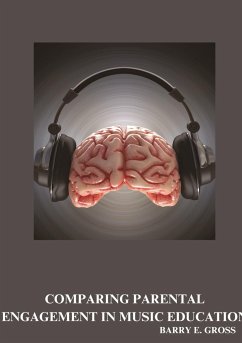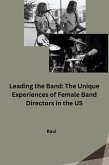The author emphasizes the integral role of music education in child development, drawing parallels between learning music and learning to read. They underscore the cognitive benefits of music participation beyond mere enjoyment, highlighting how it fosters student engagement through singing, dancing, and playing instruments. Furthermore, participation in musical ensembles like string orchestras or concert bands instills teamwork and a sense of responsibility akin to sports teams, promoting ownership over learning. Despite the documented academic advantages of music education, challenges persist, including inconsistent research findings and hurdles like funding limitations for program implementation, as noted from the author's experience as a New York City Principal. While federal legislation like the Every Student Succeeds Act (ESSA) supports music education, its translation into local implementation varies. Against this backdrop, the author proposes a study examining parent involvement, particularly among middle school students engaged in instrumental music programs versus those who are not, aiming to identify preferred types of parental engagement within a Long School District through surveys
Bitte wählen Sie Ihr Anliegen aus.
Rechnungen
Retourenschein anfordern
Bestellstatus
Storno









